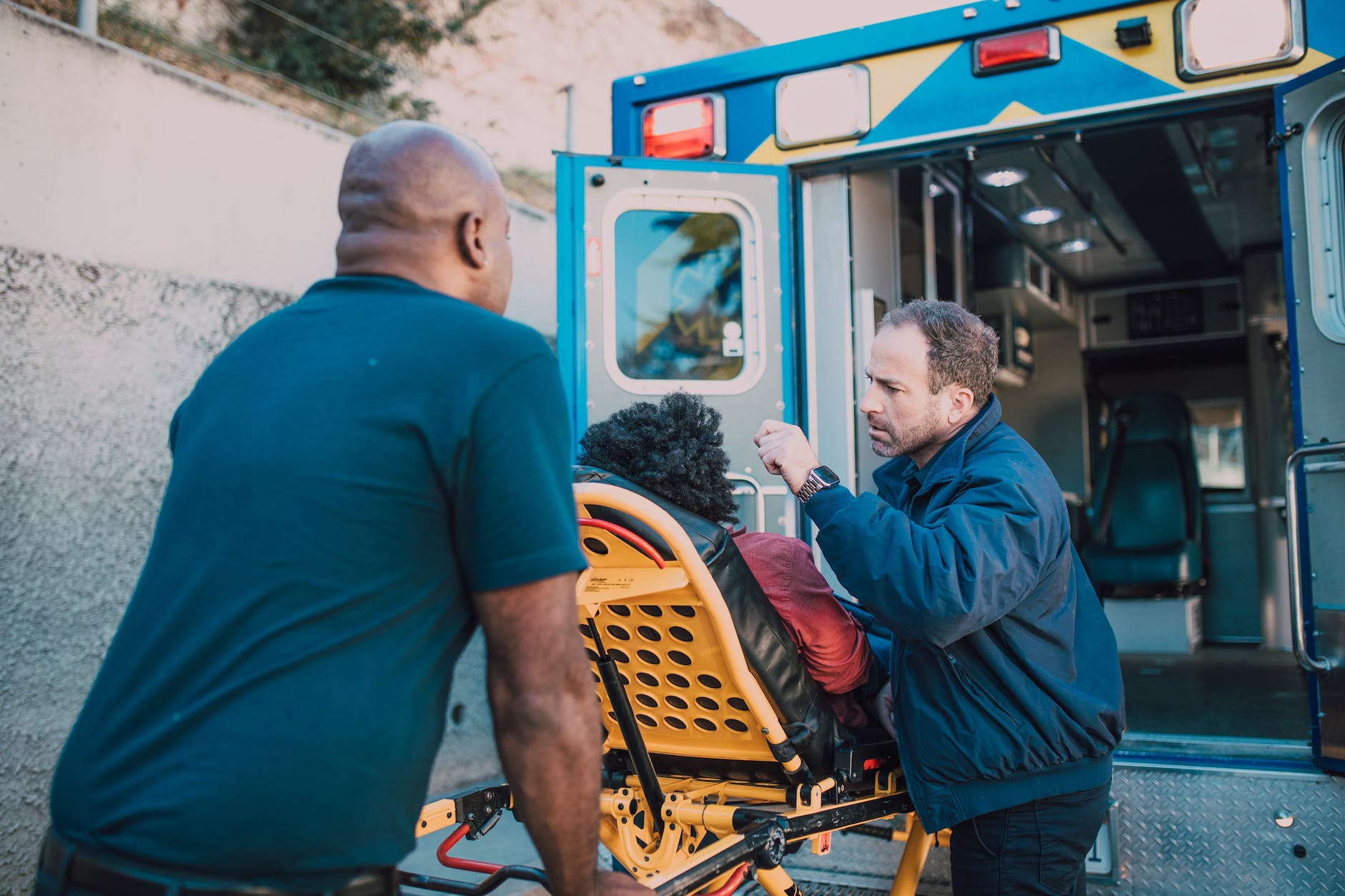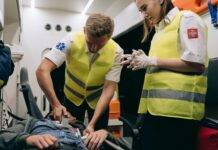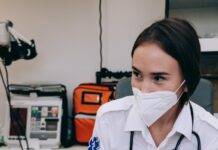
Medical Emergency: Staying Prepared for the Unexpected
A medical emergency is a situation that requires immediate medical attention to prevent serious harm to a person’s health or even save their life. Here are some common examples of medical emergencies:
- Heart Attack: A heart attack occurs when blood flow to a part of the heart muscle is blocked, usually by a blood clot. Symptoms include chest pain, shortness of breath, nausea, and sweating.
- Stroke: A stroke happens when blood flow to the brain is disrupted, either due to a clot (ischemic stroke) or bleeding (hemorrhagic stroke). Symptoms can include sudden numbness or weakness in the face, arm, or leg, confusion, trouble speaking, and difficulty walking.
- Severe Bleeding: Uncontrolled bleeding from a wound, injury, or surgical site can lead to significant blood loss. Apply pressure to the wound and seek medical help immediately.
- Severe Allergic Reaction (Anaphylaxis): Anaphylaxis is a severe allergic reaction that can lead to difficulty breathing, a rapid drop in blood pressure, and loss of consciousness. It often requires an injection of epinephrine and emergency medical care.
- Choking: If someone is unable to breathe due to an obstruction in the throat, the Heimlich maneuver (abdominal thrusts) may be needed to dislodge the object.
- Seizures: Seizures can occur due to abnormal electrical activity in the brain. If a seizure lasts longer than five minutes or repeats without recovery in between, it’s considered a medical emergency.
- Difficulty Breathing: Conditions like severe asthma attacks, pulmonary embolism, and severe pneumonia can lead to difficulty breathing. This requires immediate medical attention.
- Sudden, Severe Pain: Intense and sudden pain in the chest, abdomen, or other parts of the body could be a sign of a serious condition such as a heart attack, appendicitis, or kidney stones.
- Loss of Consciousness: If someone loses consciousness and does not regain it promptly, it could be due to various causes like low blood sugar, seizures, or cardiac arrest.
- Severe Burns: Burns that cover a large area of the body or are deep can be life-threatening due to the risk of infection, dehydration, and shock.
In any medical emergency, it’s crucial to call for professional medical help immediately (dial emergency services such as 911 in the United States). While waiting for help to arrive, provide basic first aid if you’re trained to do so and if it’s safe. If you’re not sure how to handle the situation, it’s always better to wait for trained professionals to take over.
Remember, it’s important to stay calm and provide as much information as possible to the emergency services dispatcher so they can send the appropriate help.
























